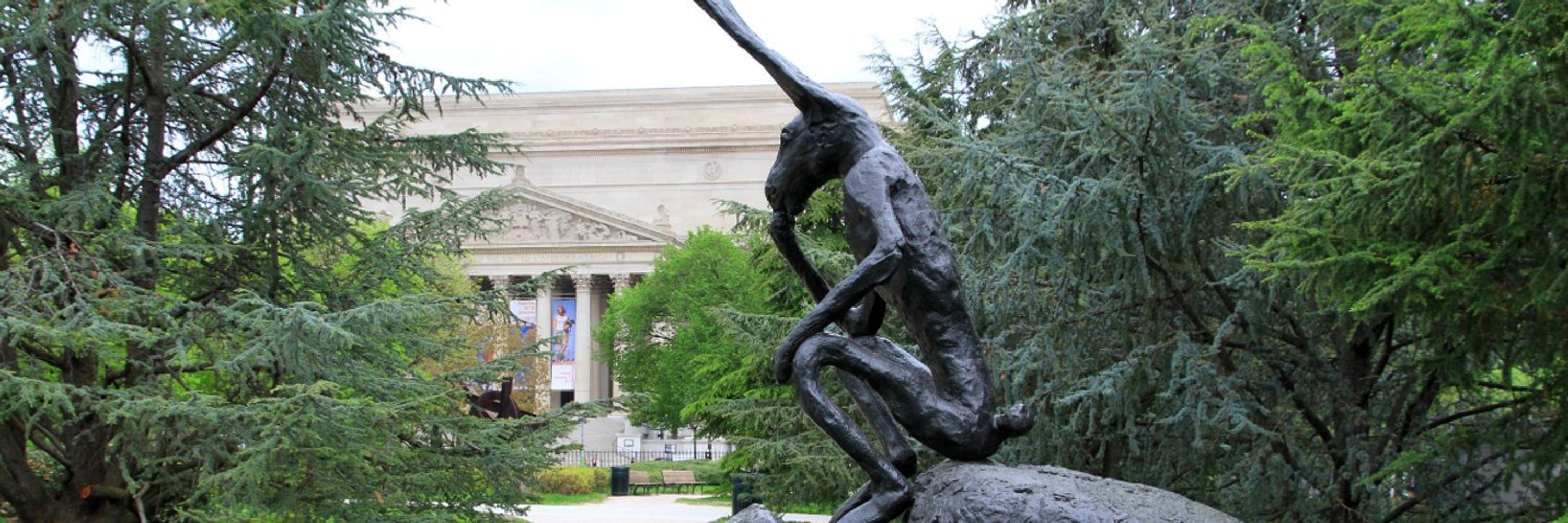
bartekgajos.substack.com/p/st-petersb...

bartekgajos.substack.com/p/st-petersb...
Sobchak praised reforms. German journalist and a historian warned of authoritarian backlash.
Some Western participants feared Russian revanchism.
And Putin? Sitting quietly - but he spoke, too. 5/x
Sobchak praised reforms. German journalist and a historian warned of authoritarian backlash.
Some Western participants feared Russian revanchism.
And Putin? Sitting quietly - but he spoke, too. 5/x
Participants debated whether democracy in Russia was real, whether the state would hold, and whether the “strongman” model would return.
Spoiler: many were right. 4/x
Participants debated whether democracy in Russia was real, whether the state would hold, and whether the “strongman” model would return.
Spoiler: many were right. 4/x
– Russia’s internal political direction
– NATO–Russia relations
– Russia and the West
The timing was critical: just months after Yeltsin shelled the Russian parliament and new constitution was introduced. 3/x
– Russia’s internal political direction
– NATO–Russia relations
– Russia and the West
The timing was critical: just months after Yeltsin shelled the Russian parliament and new constitution was introduced. 3/x
– Anatoly Sobchak (mayor of St. Petersburg)
– Vladimir Putin (his deputy)
– Andrei Kokoshin (Deputy Defense Minister)
– Meyer-Landrut, Rühe, Gasteyger, Morel, Pavlova-Silvanskaya
– OSCE, MGIMO, German & French diplomats, academics, Pole and Estonian 2/x
– Anatoly Sobchak (mayor of St. Petersburg)
– Vladimir Putin (his deputy)
– Andrei Kokoshin (Deputy Defense Minister)
– Meyer-Landrut, Rühe, Gasteyger, Morel, Pavlova-Silvanskaya
– OSCE, MGIMO, German & French diplomats, academics, Pole and Estonian 2/x
www.cambridge.org/core/journal...
www.cambridge.org/core/journal...
18/x
18/x
- Anatoly Chernyaev, 1991 14/x
- Anatoly Chernyaev, 1991 14/x
- Anatoly Sobchak, 1995 13/x
- Anatoly Sobchak, 1995 13/x
The mention of the Kaliningrad region is most likely a mistake in the transcript or a slip of the tongue.
11/x
The mention of the Kaliningrad region is most likely a mistake in the transcript or a slip of the tongue.
11/x
“In the name of peace in Europe, Russia voluntarily ceded vast territories to the former Soviet republics […] which had historically always belonged to Russia..." 10/x
“In the name of peace in Europe, Russia voluntarily ceded vast territories to the former Soviet republics […] which had historically always belonged to Russia..." 10/x
“As a result, today 25 million Russians suddenly live outside the country’s borders - and Russia simply cannot afford, even from the perspective of European security, to leave these people to their own fate.” 9/x
“As a result, today 25 million Russians suddenly live outside the country’s borders - and Russia simply cannot afford, even from the perspective of European security, to leave these people to their own fate.” 9/x
8/x

8/x

His broadcasts in Radio Svoboda framed the 1922 founding of the USSR as anti-Russian by design. 5/x

His broadcasts in Radio Svoboda framed the 1922 founding of the USSR as anti-Russian by design. 5/x
In a 1992 documentary, he said:
“The activists of October 1917 planted a time bomb under this edifice… the unitary state that called itself Russia.”
4/x
In a 1992 documentary, he said:
“The activists of October 1917 planted a time bomb under this edifice… the unitary state that called itself Russia.”
4/x

